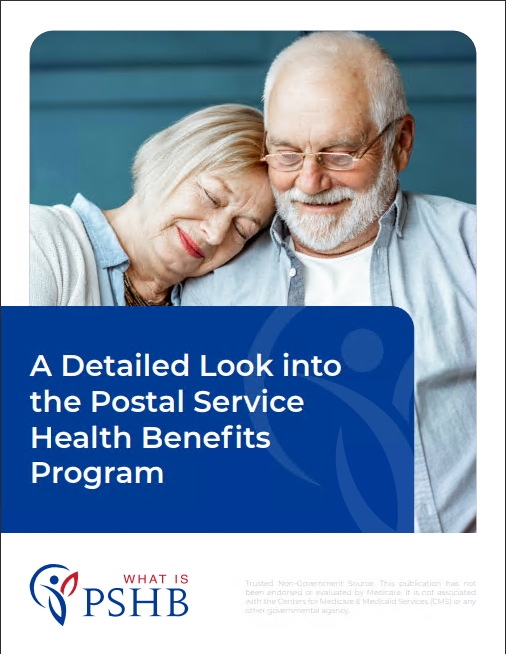PSHB and Medicare
PSHB Coverage for USPS Retirees
Retirees enrolled in the PSHB program benefit from comprehensive coverage that extends beyond basic medical services. Dental and vision coverage are particularly valuable for retirees, as these services are essential for maintaining overall health and quality of life. PSHB plans may also include coverage for prescription drugs, mental health services, and preventive care to support retirees’ well-being.
Moreover, the flexibility of PSHB plans allows retirees to choose coverage options that align with their healthcare needs and budgetary constraints. Retirees can select from different plan options, such as preferred provider organizations (PPOs) or health maintenance organizations (HMOs), to find the best fit for their individual circumstances.
Medicare Enrollment for USPS Retirees
Retirees must decide whether to enroll in Medicare Part A (hospital insurance) and Medicare Part B (medical insurance). Medicare Part A is generally premium-free for individuals who have worked and paid Medicare taxes for at least 10 years. Medicare Part B requires payment of a monthly premium, which may be deducted from Social Security benefits for individuals already receiving benefits.
Coordinating PSHB and Medicare Coverage
In many cases, Medicare serves as the primary payer for healthcare services, with the PSHB program providing supplemental coverage for services not covered by Medicare. Retirees may also be able to enroll in Medicare Advantage plans, which offer comprehensive coverage that combines Medicare and additional benefits provided by private insurance companies.
Benefits of Dual Coverage
Conclusion
Ready to learn more about coordinating PSHB and Medicare coverage? Explore our resources and discover how to maximize your healthcare benefits in retirement!
Stay tuned for more informative content on navigating healthcare options for USPS retirees.
Featured Articles
Licensed agents are available to help you find the best Medicare plan for you.
Working with a licensed agent can simplify your PSHB & Medicare experience.
Feedback For What Is PSHB
Let us know what you think!








